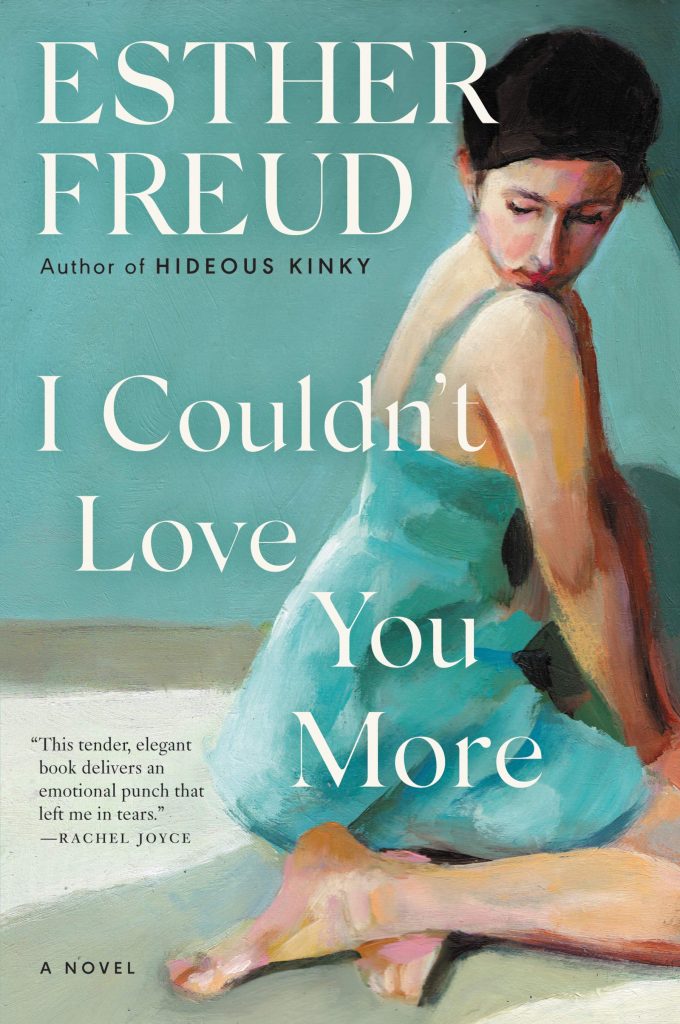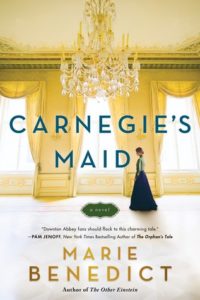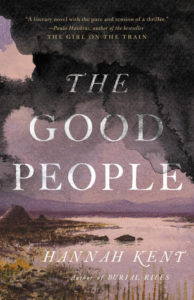I Couldn’t Love You More by Esther Freud

First Line: I met you at a dance in Ilford.
Summary: No surprise given the title, this is a love story. Or maybe it’s more accurate to say, it’s a story about love. The book follows the lives of three women, Aoife, Rosaleen, and Kate. Their stories span decades and take us from Ireland to England, back and forth in time and place. We see how their lives are linked and how the choices they make have consequences inherited by the next generation. Pages are devoted to showing the daily, tender scenes of mother-daughter bonds. But we also see how these women make seemingly small decisions to keep the peace with their husbands and lose their daughters as a result, suffering in silence. Or in another case, how women unwittingly lose their daughters, pushed by impossible situations and lacking options. Although it can be a tearful read, there is enough redemption in the final pages that you don’t feel you or the characters suffered in vain.
My thoughts: I’ve read a lot of reviews that describe this book as quiet and tender, which it is. Although a lot happens, it is not dramatic. Freud does such a good job of writing it the way real life feels—how we don’t know we’re making a decision that will change the course of our lives and the lives of the ones we love; we’re just doing what seems best in the moment. I like books that feel true to life such as this one, and I was also attracted to it because of its setting in Ireland. There’s just something about that place. My mother was raised in a large, Irish-Catholic family and experienced something similar to one of the women in this book. It isn’t something we speak about, so it was a way for me to try and understand what led her to make the choices she did and imagine how she felt.

 Carnegie’s Maid
Carnegie’s Maid The Good People
The Good People